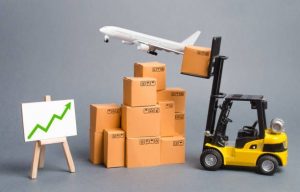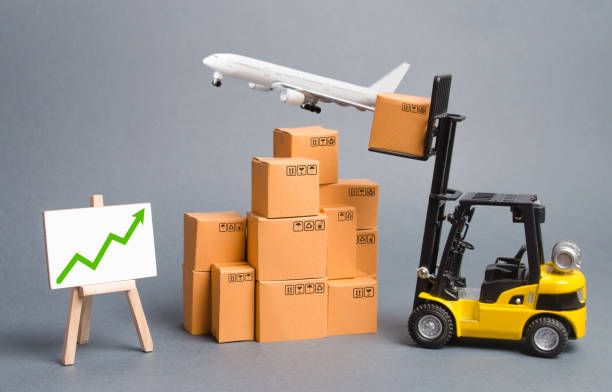Why New and Used Forklift Sales Matter
Back in 2010, America was still reeling from the effects of the “Great Recession” and when announcements were made that forklift sales indicated a recovery in the materials handling sector was in sight, the news was greeted with skepticism by many. Now that figures for 2012 are in and 2013 are off to a good start, it looks like the doom and gloom brigade got it wrong.
Why New and Used Forklift Sales Matter
With so many economic indexes to focus on, why would an economist focus their attention on new and used forklift sales? The answer is easy: It’s because forklifts are the most indispensable pieces of material handling equipment throughout the industry.
When the recession hit, there was a lull in all kinds of material handling equipment sales. One of the first sectors to show signs of recovery was high-tech robotics. The reason for this was that material handling giants were looking for ways to reduce costs and improve efficiency over the medium to long term. While they, too, were hit by the recession, they had the available resources to make such strategic investments.
Other companies who were hit by the recession started shedding the fat from their equipment inventories. Just as homeowners who could no longer afford a second or third car put their cars on the market, material handling businesses across the board started reducing the number of forklifts in their fleet. At the same time, a buoyant market for used forklifts was created as smaller businesses looked for more affordable equipment.
Increased used forklift sales are not a sign of a recovery, but increased new and used forklift sales are. New forklift sales increases in 2010 and 2011 took even industry insiders by surprise; they weren’t quite so surprised in 2012 and are anticipating another good year in 2013.
Is Now the Time for Optimism?
If we learned anything from the recent recession, it’s that there is never a good time for blind optimism. Those companies that recovered the fastest were those that streamlined their operations. “Lean manufacturing” went from being another business model to the business model for companies ranging from materials handling giants to smaller and mid-sized companies throughout the country. The value of hanging on to used equipment and maintaining it well was recognized even by companies with decades-long traditions of selling their fleets of forklifts every few years and buying the latest models.
While GDP in the United States isn’t soaring, it is holding steady and showing positive signs for the future. Many economists see this modest growth as “sustainable” and enough of a platform for optimism. Sales of used forklifts here at reconditionedforklifts.com seem to indicate that companies have learned the lessons of the recession and are intelligently rationalizing their operations by investing in quality reconditioned forklifts instead of new forklifts unless the return on the investment merits a more costly purchase.
What are your thoughts? Do you think the worst is behind us? What kinds of things are you doing to prepare for your business future?

Image courtesy of iStock by Getty Images – Photo by Andrii Yalanskyi

